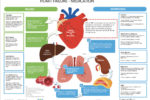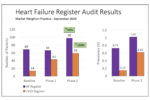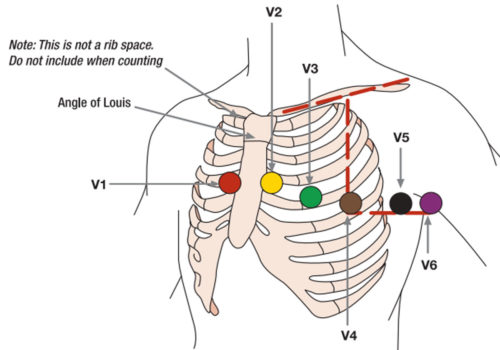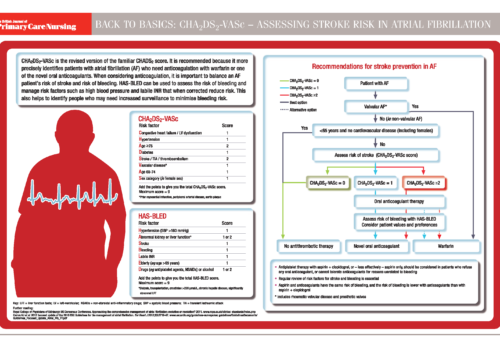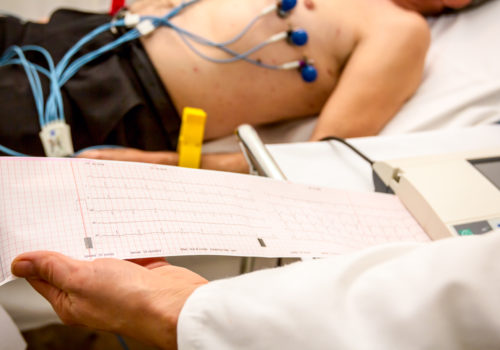A12-lead electrocardiogram (ECG) is performed on thousands of patients every day in the NHS. This non-invasive investigation is a valuable diagnostic tool and can be of crucial importance in diagnosing cardiovascular problems—but only if it is performed accurately. However, with training and careful preparation, all practice nurses should be able to undertake an accurate ECG.
